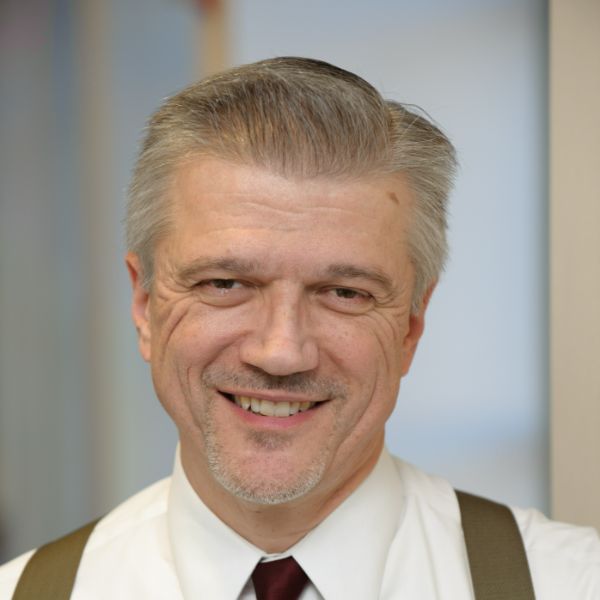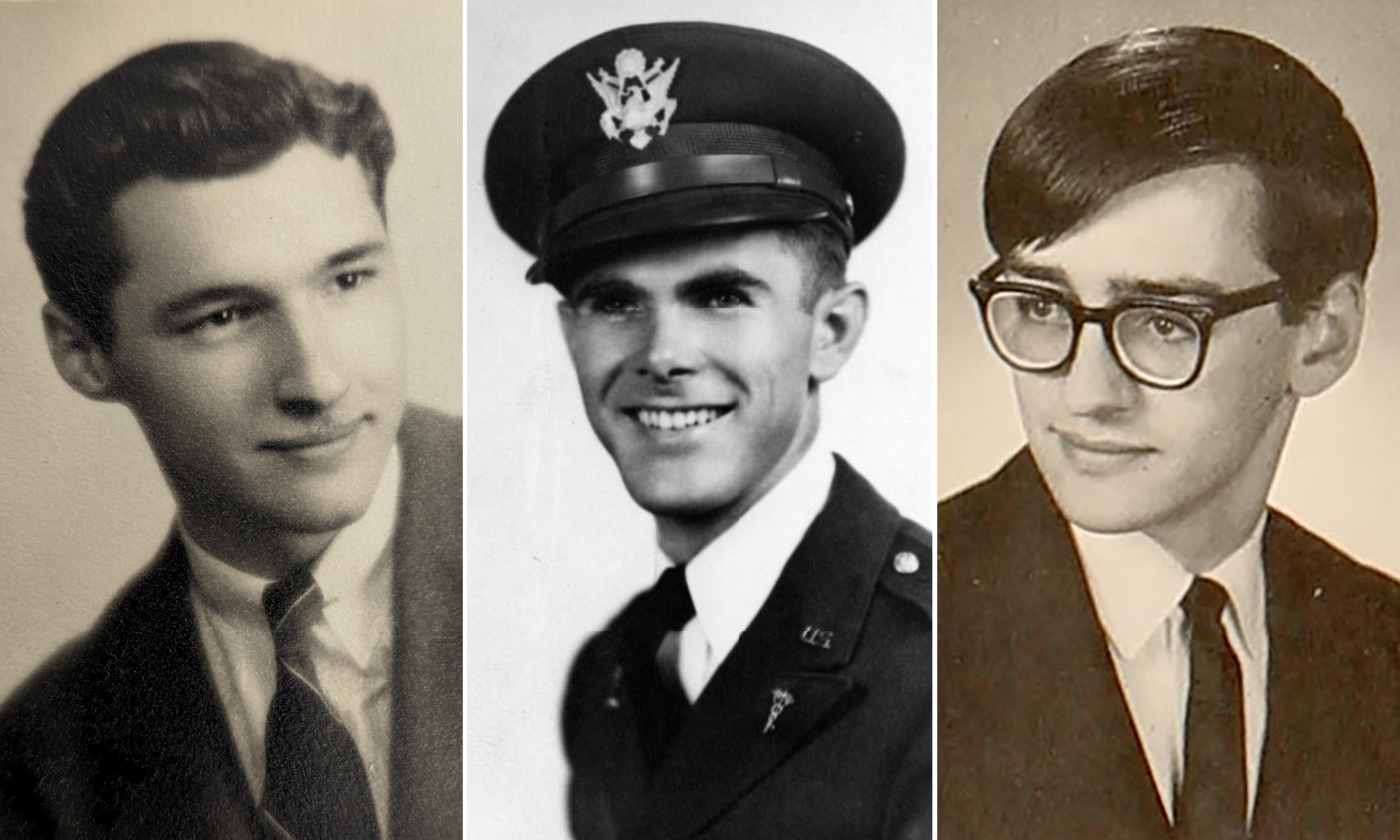CloudCheckr is a small, but growing, young business that helps companies manage the flow of data to and from the cloud. While its customers have included the likes of Siemens Mobility, Cornell University, and several US Government agencies, executives at CloudCheckr wanted to know if it was worth pursuing a different market, namely smaller colleges and universities.
To help get direction, the company turned to a group of undergraduate business majors at the University of Rochester. The students were taking the course Marketing Projects and needed a company willing to use their research skills to address a real-world marketing issue. Todd Bernhard, product marketing manager at CloudCheckr, heard about the course from a coworker and thought some “young blood” would help provide some guidance.
“Google was doing well with higher education because they offer a variety of free services,” says Bernhard. “So we had this hypothesis that universities would be ready to move from on-site data storage to the cloud.”
This spring, three seniors—Jixuan Liu, Teddi Shapiro, and Zetian Xiao, all business majors—took on the challenge of coming up with some answers.
“We put together a diverse list of colleges and universities and started cold-calling the IT departments to connect with the people who actually knew about data storage,” says Shapiro.
The students found three main concerns at the colleges—cost, security, and the possible loss of data. Shapiro says the team concluded that “there will be more of a market in the future. While the larger universities were starting to switch over to the cloud, the smaller ones were planning on staying with on-site data storage.”
In the end, CloudCheckr’s hypothesis was wrong, and that was fine by Bernhard.
“It’s just as good to hear that your hypothesis is not true, as it is to hear that it is true,” he says. “The students helped us understand that the smaller schools are not moving to the cloud very quickly, because they’re scared.”
That’s why CloudCheckr, for the time being, will focus on educating decision makers at smaller colleges and universities, rather than marketing their services to those institutions.
CloudCheckr was the latest company to benefit from Marketing Projects, a course taught by Vincent Hope, a clinical assistant professor at the Simon Business School. For the last 15 years, Hope has given more than 700 students the opportunities to address real-world marketing issues for local businesses as part of the course. Initially, the course was only available to graduate students at Simon, but that changed in 2011 when the College and the Simon School collaborated to create the Barry Florescue Undergraduate Business Degree Program. One of the first courses offered was Marketing Projects.
“Along with providing a liberal arts education, we needed to do our part to prepare students for real jobs,” says Richard Cardot, the faculty director at Simon. “And an experiential course, like Vince’s, is a great example of how to do that.”
Hope knows firsthand the value of meeting clients’ needs. Before joining the Simon faculty, he was president of a primary research company, Hope Reports, and served as director of strategic research and planning for the American Society for Quality. He’s trying to teach his students exactly what he learned on the front lines: How to see things from the client’s viewpoint and how to present complex information with both accuracy and simplicity.
A case in point is VR Playground, which, unlike CloudCheckr, is a family-owned business with an exclusively local customer base. Russ Tartaglia and Marcy Pontius operate a virtual-reality arcade with a stated mission “to bring game night back using awesome technology.” Shortly after opening in early 2018, they had a list of marketing questions. How could we build brand awareness? What’s the best way to reach potential customers? How do we communicate the nature of our business to people who have never heard of virtual reality?
Tartaglia credits Hope’s students with helping them see better ways to engage with customers. For example, the students recommended including hashtags on Instagram posts to connect with other arcades in the country in order to learn more about the industry. There was also a gentle reminder to respond to all reviews on social media.
“We know these things are important,” says Pontius, “but in a start-up, when you’re running every minute, it’s easy to lose sight of the basics.”
As Hope tells his students, “What the large companies do with technology and money, the smaller firms have to do in a shoestring fashion or through guerrilla marketing.”
Hope’s students are not simply getting valuable business experience; they’re also learning how to work as a team, how to treat people, and how to interact with professionals.
“Ultimately, the students are learning life rules, not just marketing rules,” says Hope. “And those are lessons that will help both in and out of the office.”




